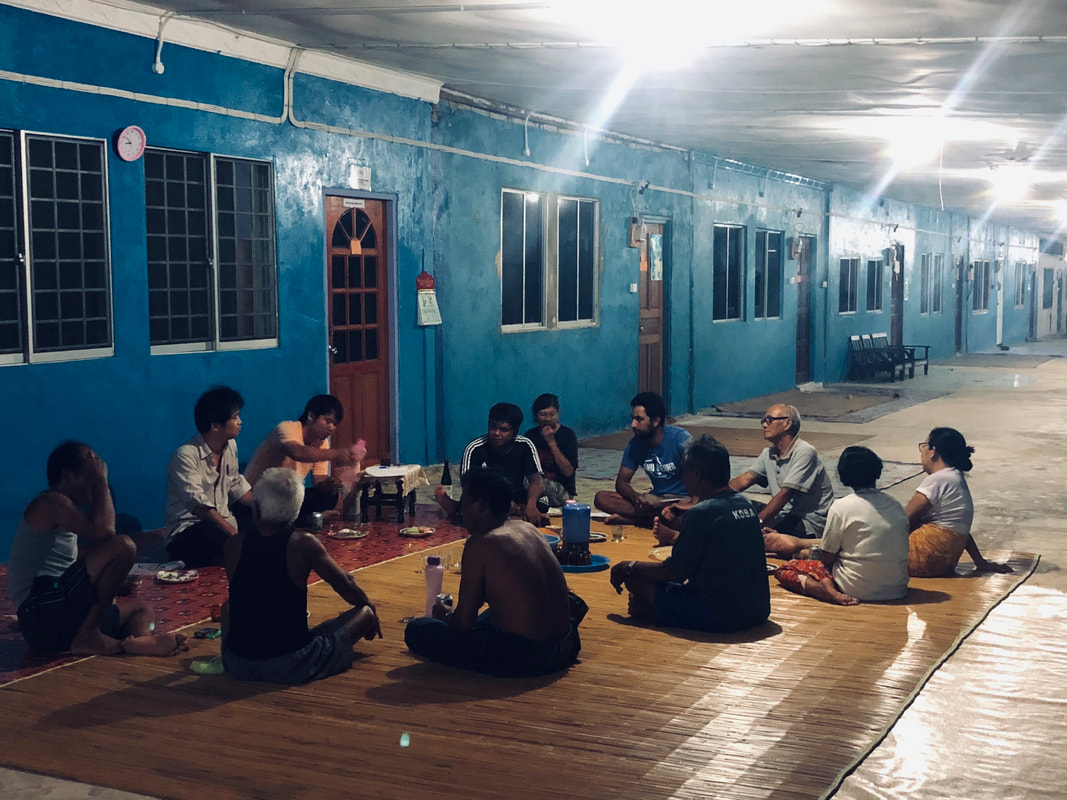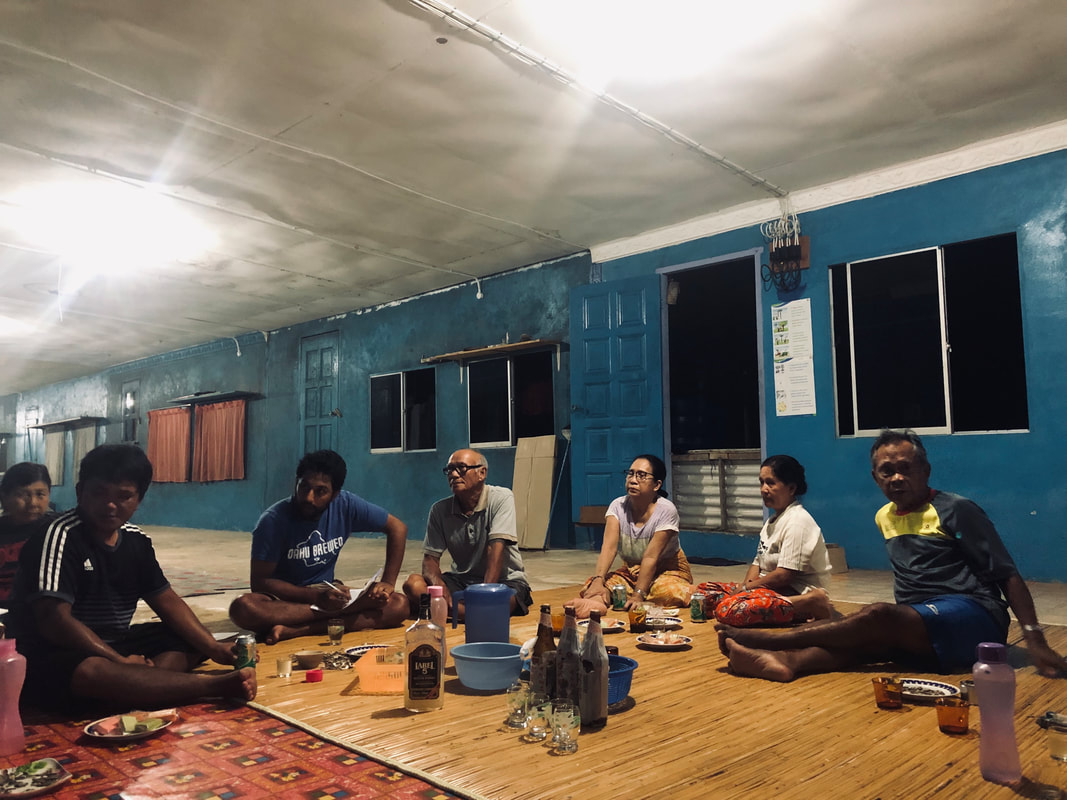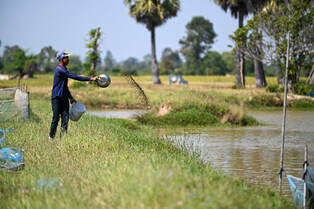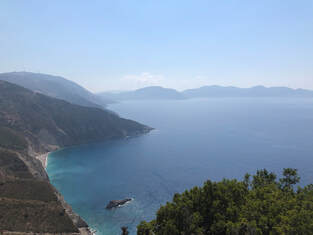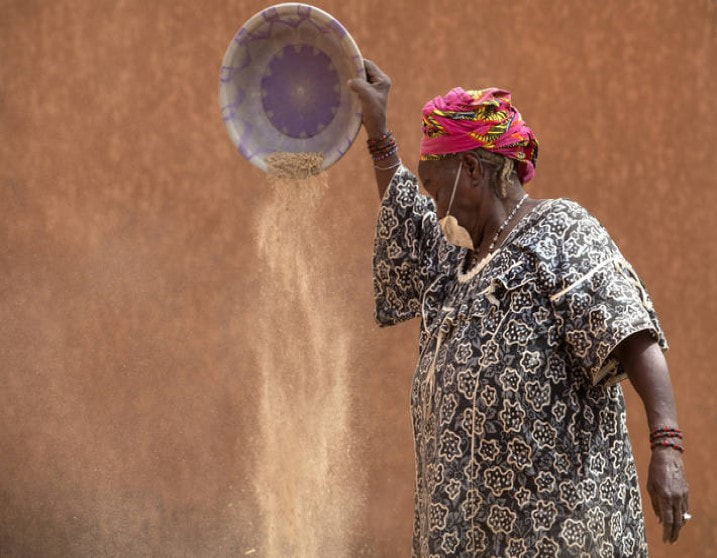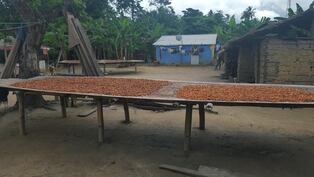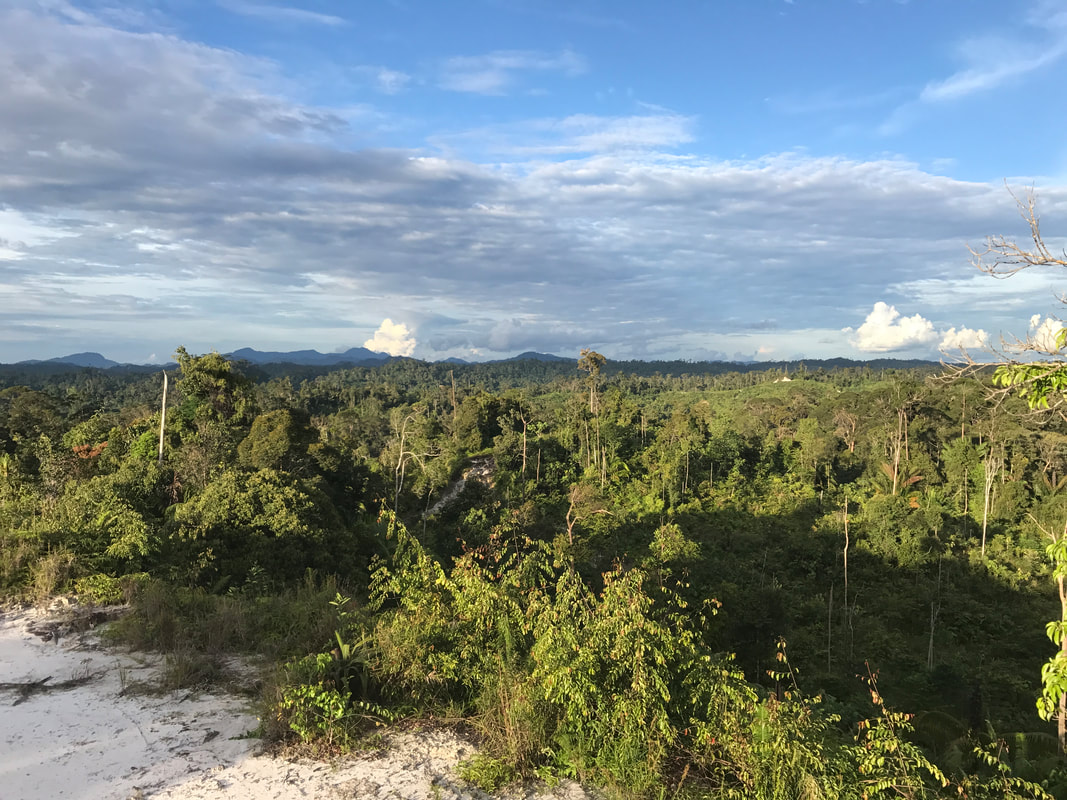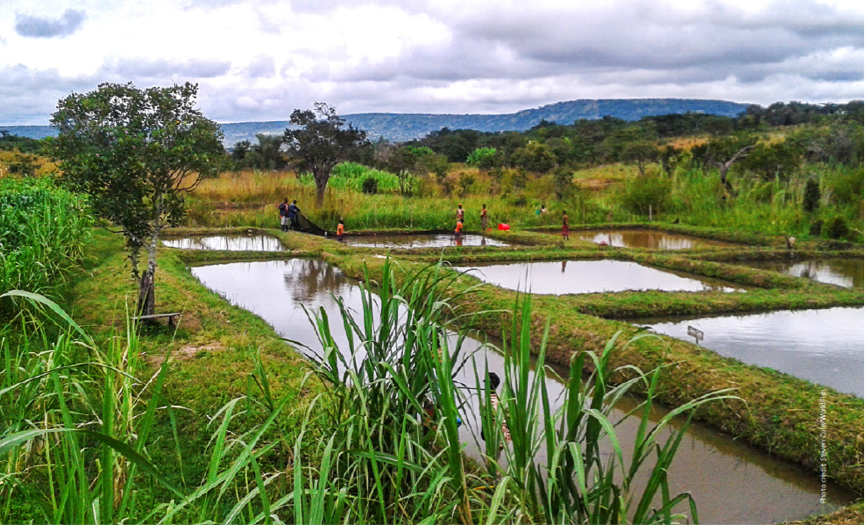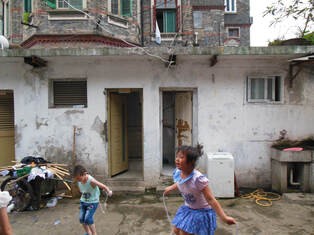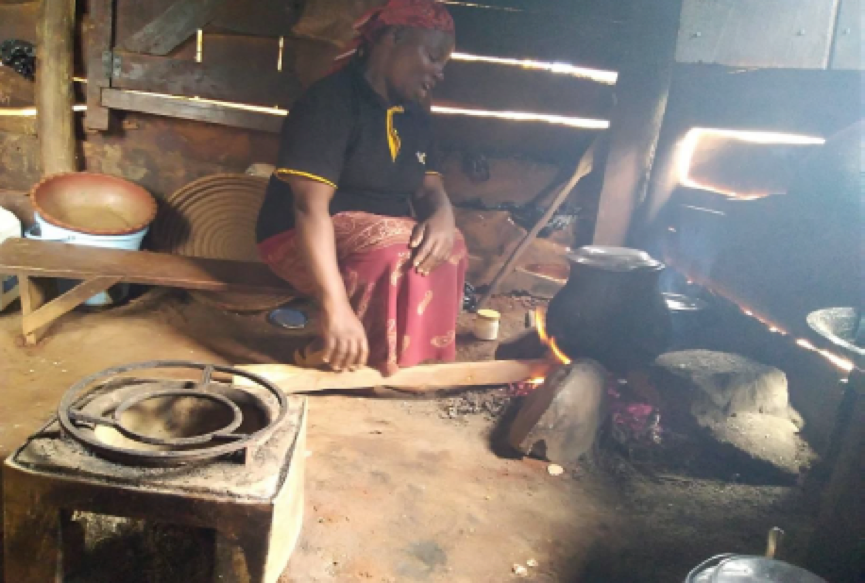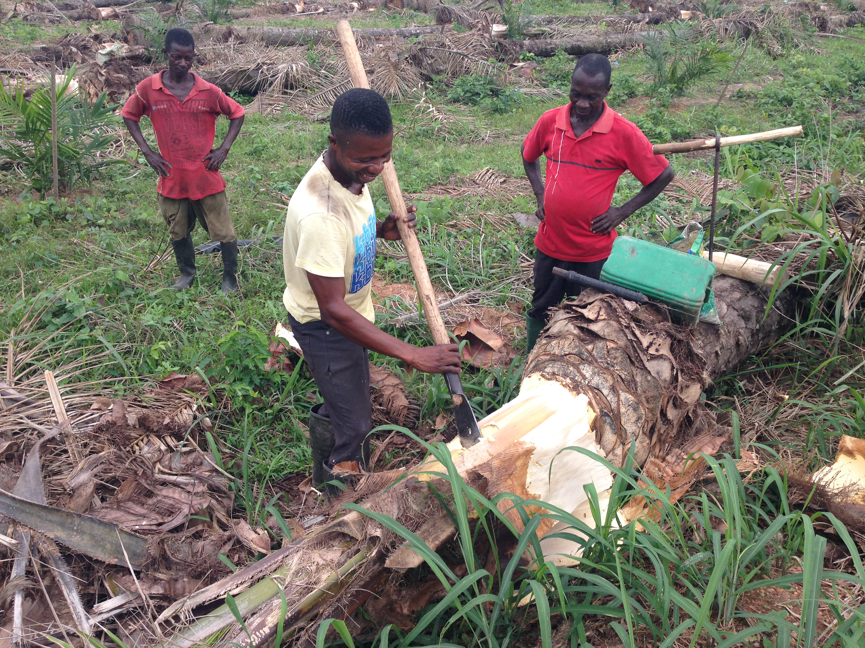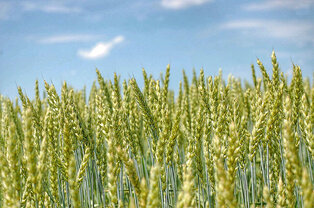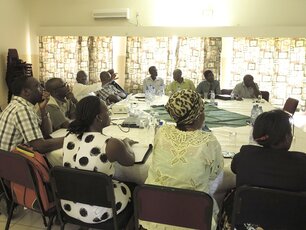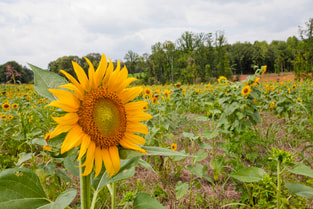Ongoing Projects
Reconceptualizing well-being to foster a sustainable society through Indigenous and Youth perspectives from the Global South |
This project reconceptualizes well-being from a nature-inclusive and indigenous lens. It will explore, (a) how indigenous people and youth define and conceptualise wellbeing, (b) what factors and strategies enable the integration of these conceptualisations in the global environmental discourse, and (c) what unique relevant wellbeing indicators can enrich the sustainable development agenda.
The project focuses on case studies in India, Mexico, Samoa and South Africa.
|
Roadmap to achieve carbon neutrality in Japan by 2050 considering household demographics and population dynamics |
This project explores various energy consumption patterns and attributes in the household sector that can inform the design and implementation of appropriate measures to realise the carbon-neutrality vision of the Japanese government by 2050. It will conduct scenario analysis for a carbon neutral roadmap in response to the COVID-19 pandemic and the aging Japanese society.
|
Aging and shrinking population-driven transition of nature conservation |
This project explores how population aging and shrinking can affect nature conservation. The study will build scenarios of future transition pathways in nature conservation and provide policy recommendations based on literature reviews and multiple case studies in Japan, Poland, and Myanmar.
|
Effects of urban green spaces characteristics on cultural ecosystem services and human wellbeing |
This project explores how the characteristics of urban green spaces (e.g. greenness, biodiversity, configuration), period of the year, and values of urban residents affect the delivery of certain cultural ecosystem services. Subsequently it explores how these influence human wellbeing outcomes for users and surrounding residents. The focus is on green spaces with different characteristics in the Japanese cities of Tokyo and Sendai.
|
Characteristics and impacts of aquatic food systems
Photo: WorldFish
|
This project contributes to the advancement of the conceptualization and empirical research on the field of aquatic food systems. It aims to identify and analyse the ramifications of current and future interventions related to aquatic food systems on the Sustainable Development Goals (SDGs) and other policies.
|
Finalised projects
Island sustainability in Japan and Greece: Identifying challenges and designing solutionsPhoto: Alexandros Gasparatos
|
This joint Japan-Greece symposium identified the main sustainability challenges facing islands in Japan and Greece. The participants explored the potential of different solutions to enhance the sustainability of islands in an inclusive manner, as well as explore opportunities for cross-country application.
|
Food and Livelihood Resilience from Neglected and Underutilized Plant Species in Western Africa (FORENS)Photo: World Bank
|
This project explored the potential of neglected and underutilised plant species to meet multiple human needs in Western Africa in a manner that is climate-resilient and supports agrobiodiversity conservation. The main focus was rural communities and crop value chains in Senegal and Burkina Faso
|
Political Ecology of certification in oil palm and cocoa value chains in GhanaPhoto: Eric Dompreh
|
This project explored how environmental conflicts emerge locally due to oil palm and cocoa certification in Ghana. It adopted a Political Ecology lens to understand the interactions and conflicts of interest among the major stakeholders in oil palm and cocoa certification processes. It also unraveled the mechanisms underpinning the socioeconomic and environmental costs and benefits of certification, and how disparities in their distribution could catalyse local environmental conflicts and reinforce social inequalities.
|
Ecosystem services sustainability in developing tropical areas through social-ecological network analysis |
This project evaluated the sustainability of ecosystem services from the local to the regional scale in Sarawak, Malaysia. It employed ecological network analysis to ecological and social systems in the region to understand the supply and use of ecosystem services, and their stability over time. Its interdisciplinary approach combined multiple methods to elucidate how to achieve the sustainable use of ecosystem services in the future.
|
Sustainability assessment of small-scale aquaculture and fisheries systemsPhoto: WorldFish
|
This series of projects assessed the performance and sustainability of different aquaculture and fishery systems in developing countries. They employed multiple methodologies to understand the effects of different interventions on rural livelihoods, food security, and women empowerment. The focus was on developing countries where WorldFish has a major presence such as Bangladesh, Myanmar, and Egypt.
|
A systems approach to sustainable sanitation challenges in urbanising China (SASSI) |
This project studied the sustainability outcomes of current sanitation pathways in Shanghai, China. It adopted a systems approach for sanitation which situates basic human functions within wider human ecosystems of critical social, economic and environmental resources, and social institutions, cycles and order. The project focused on different sanitation systems (e.g., service-networked; sewage-based), environments (urban, peri-urban, rural) and temporal scales using various analytical approaches and state-of-the-art modelling.
|
Drivers and impacts of dietary transitions in African cities |
This project studied the drivers and impacts of dietary transitions in four African cities: Accra, Lilongwe, Maputo, and Nairobi. It adopted an urban metabolism approach to explain how these transitions unfold, what are their drivers, what are their environmental and food security impacts, and how these different elements are interlinked. It used a combination of different analytical tools to analyse primary and secondary data collected from the study cities.
|
Tracking Influences of Asian Urban GHG emissions for Sustainability Policies |
The project explored changes in urban energy use in Asian cities, at sub-city scales. It considered socio-economic, political, institutional and biophysical factors to explain such trends for Bangkok, Beijing, Seoul, Taipei, Tokyo as well as New York for a comparison. A key element of this project was to develop a collaborative research network in the study countries, and disseminate results to the policy and practice community.
|
Political Ecology of biofuel feedstock production in Africa: evidence from three operational projects in Ghana |
This project employed concepts from Political Ecology to understand how environmental conflicts emerge locally due to the unequal distribution of the costs and benefits of industrial crop production. The study analysed qualitative data collected through expert interviews, household surveys and focus group discussion around areas of oil palm (Kwae), sugarcane (Dabala) and jatropha (Yeji) production in Ghana.
|
Food Security Impacts of Industrial Crop Expansion in Sub-Sahara Africa (FICESSA) |
The project aimed to provide clear empirical evidence of how industrial crops compete for land with food crops in Sub-Sahara Africa, and the mechanisms through which such land use changes affect food security. The main focus was on food security outcomes across different industrial crops (sugarcane, jatropha, cotton, tobacco), modes of productions (large plantations, smallholders, outgrowers), spatial scales (local, national, regional), temporal scales (historical analysis, scenario modeling) and areas of Sub-Saharan Africa (Ghana, Malawi, Mozambique, using various analytical approaches.
|
Bioenergy at the confluence of ecosystem services, energy security, food security and poverty alleviation in southern Africa |
The aim of this project was to disseminate key findings about the trade-offs of bioenergy at the interface of ecosystem services, energy security, food security and poverty alleviation in Africa. This was achieved though a series of workshops targeting different regional, national and local stakeholders. Workshops in Lilongwe and Dwangwa targeted key actor in Malawi such as local communities, policy-makers, NGOs and practitioners from the private sector involved in bioenergy in Malawi. A regional workshop in Nairobi targeted audiences from international organisations and other institutions with a regional bioenergy focus.
|
Data and Cities as Complex Adaptive Systems (DACAS) |
This project sought to promote a more holistic approach through the integration of a wide range of data sources. It brought together an international group of researchers from a range of different fields, and supported the development of an innovative and cross-disciplinary set of tools to gather and interpret emerging data sources. The focus was to develop findings that can support evidence-based responses to urban issues through the use of open data sources. -
|
Biofuels and Ecosystem Services in southern Africa |
These two interdisciplinary research projects aimed to provide clear empirical evidence on whether, and how, biofuel production and use can improve human wellbeing and become an agent of poverty alleviation in Africa. The objectives were twofold: (a) synthesize the existing knowledge about the impact of biofuel expansion on ecosystem services and human wellbeing in Sub-Sahara Africa; (b) compare the environmental and socioeconomic impacts of operational biofuel projects that span the main biofuel feedstocks (sugarcane, jatropha), modes of production (large-scale, small-scale, hybrid), and uses (transport, cooking) in southern Africa.
|
